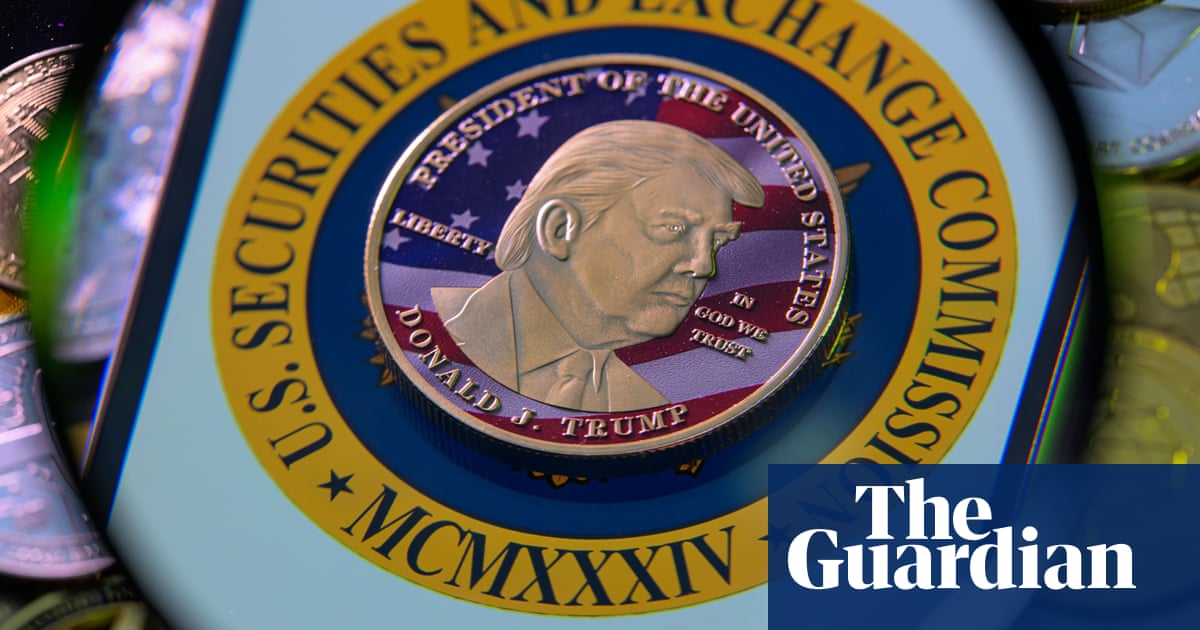T4K3.news
Tether given three years to comply with GENIUS Act
Tether must meet new regulatory standards for stablecoins in the U.S. by mid-2025.

Tether faces a strict deadline to comply with the new GENIUS Act in the U.S. market.
Tether must comply with GENIUS Act in three years
Tether has a three-year deadline to phase out its USDT in the U.S. market due to the newly enacted GENIUS Act. This law, signed by President Donald Trump, requires that all payment stablecoins meet 100% reserve compliance. Currently, Tether's USDT is only 81.5% compliant, as per its Q2 reserves report. The CEO of Tether announced plans to introduce a new stablecoin focused on the U.S. market, which aims to comply with these regulations. The law could significantly change how digital dollar issuers operate, with less compliance opening the door for new players in the market.
Key Takeaways
"For every digital dollar in a crypto wallet, there will be a traditional dollar reserved in a US bank account."
David Sacks highlights how the GENIUS Act aims to secure the backing of digital currencies.
"Under GENIUS, Tether would be phased out from being used by domestic service providers within 3 years."
Nic Carter explains the impact of the GENIUS Act on Tether's operations.
"USDT will be focused on emerging markets, but we will explore a new stablecoin for the U.S."
Paolo Ardoino discusses Tether's strategy post-GENIUS Act.
The introduction of the GENIUS Act marks a significant regulatory shift for the cryptocurrency space. Tether now faces a critical juncture as it must adapt to the stringent requirements set by the legislation. The expectation that all reserves must be cash or cash equivalents underscores a deeper push for security and accountability in the rapidly evolving digital asset landscape. This could reshape how stablecoins operate and who can issue them, potentially leading to a higher demand for compliance and legitimacy in the crypto industry.
Highlights
- Tether is on a tight deadline to adapt to new laws.
- This could reshape the future of digital assets in America.
- Compliance is now the name of the game for stablecoins.
- The GENIUS Act may redefine who gets to issue digital dollars.
Regulatory compliance risks for Tether
Tether faces significant challenges in meeting the compliance standards of the GENIUS Act within three years, affecting its market position.
The coming months will be crucial for Tether as it navigates these regulatory challenges.
Enjoyed this? Let your friends know!
Related News

Trump signs new laws to regulate cryptocurrency

Stellar's Price Set for Rise After Trump's Crypto Bill
Pensioners demand increases to address 30-year delay

Trump's cryptocurrency ventures face backlash

Forbes Announces 2025 50 Over 50 List

UK mandates new online safety regulations

Prosecutors fail to delete revenge porn images from offenders' devices

Crypto executives to attend Trump signing of stablecoin bill
